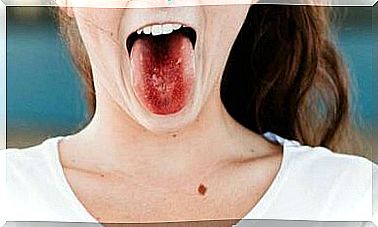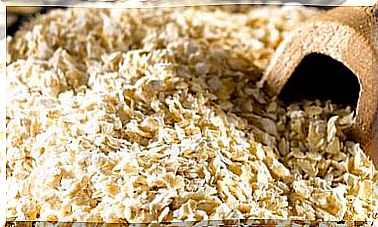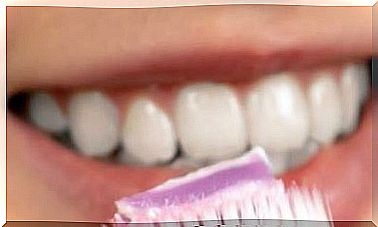Is Fluoride A Risk For Babies And Children?
The distance between the beneficial dose and the harmful exposure to fluorides is very close. Studies that point to the risks related to fluoride invite precautions against premature or accidental consumption.

Studies confirm the potential toxicity of fluorides, especially for infants and children. It is shocking because fluoride is presented in advertising as the superhero capable of ridding all children of cavities.
It is true that in the right doses, in toothpastes, it contributes to the prevention of cavities, but with young children it is difficult to avoid accidental ingestion, which represents a risk to health.
Do they prevent or promote tooth decay?
In high doses, fluoride does not prevent cavities, but favors them and can cause fluorosis, which is manifested by a discoloration of tooth enamel. It starts with light spots on the teeth and ends with deep brown holes.
Cases of fluorosis appear mainly in countries where fluoridation of drinking water is a common practice, such as Ireland, the United States, Australia and Chile.
Dr. Steven M. Levy, and his research team at the University of Iowa, found that fluoride intake during the first four years of life, especially the first, is significantly associated with fluorosis of the incisors in the upper jaw.
The worst thing is that fluorosis does not stay in the teeth but can affect the bones, making them prematurely brittle.
It can affect the development of intelligence
Babies six months and younger do not yet have a fully developed blood-brain barrier, so administered fluoride can deposit not only on the teeth, but also on the brain or other organs.
A study published in the journal Environmental Research has shown a direct link between prenatal exposure to fluoride in boys and childhood in girls and a lower IQ, proving that fluorides reach the brain quickly and can cause disorders cognitive
Fluorine compounds are cumulative, which means that the body does not excrete them, but rather they are deposited in the body. At some point the individual tolerance limit is exceeded and health problems arise, for example, in the musculoskeletal system, in the nervous system or in the kidneys.
Hurts the bones
At Harvard University, researchers discovered a link between fluorides and bone cancer after a fourteen-year study.
According to this work, people who consumed above-average amounts of fluoride every day also had the highest incidence rates of osteosarcomas in men, a malignant form of bone cancer.
These results confirmed previous government findings from the 1990s. At that time, experiments with rats yielded similar results.
Kidney damage from fluorides
Abnormally high fluoride intake through mineral water, toothpaste, or table salt can also lead to kidney damage, even in amounts that are considered low by the public.
A Chinese study found something similar. Children with slightly higher fluoride exposure also had abnormal kidney values.
Fluorides weaken the thyroid
Several studies have shown that fluorides can alter the functioning of the thyroid gland.
One of the most recent, carried out in China, has pointed out a relationship between exposure to low levels of fluoride, thyroid disorders and intellectual development.
How to take care of the teeth?
Up to five years of age, children can use certified organic or natural fluoride-free toothpastes.
Homeopathic laboratories make toothpastes with ingredients that are as natural as possible, with minimal or no fluoride levels. They contain active ingredients from plants that benefit the gums and oral mucosa.
On the other hand, it is very important to avoid drinks and foods with added sugars and eat plenty of raw fruits and vegetables. The apple is especially recommended because when you eat it, you clean your teeth and massage your gums.
Scientific references:
- Linda Farmus et al. Critical Windows of Fluoride Neurotoxicity in Canadian Children. Environmental Research.
-
Mengwei Wang et al. Thyroid function, intelligence, and low-moderate fluoride exposure among Chinese school-age children. Environment international.
-
Jay D. Shulman et al. Acute Fluoride Toxicity from Ingesting Home-use Dental Products in Children, Birth to 6 Years of Age. Journal of Public Health Dentistry.
-
Elise B. Bassin et al. Age-specific fluoride exposure in drinking water and osteosarcoma (United States). Cancer Causes & Control.









